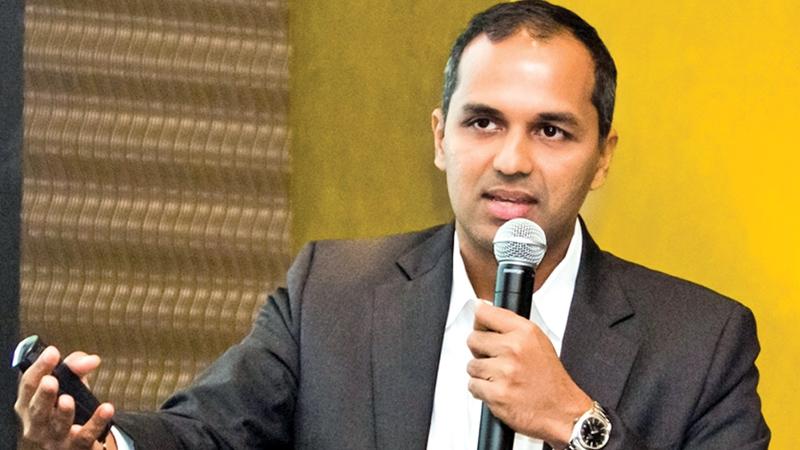
Stax, a global strategy consulting firm that advises leading private equity (PE) funds worldwide, said that investment and merger and acquisition (M&A) activity in Sri Lanka has increased over the past two years.
“Sri Lanka is currently at an economic crossroad and the next few years are crucial. It has experienced stable GDP growth in the past and is expected to move to the upper middle income category by 2020.
However, FDI inflows have decreased and the CSE is still not a mature exchange in comparison to heavyweights such as Singapore,” said Director of Stax, Dr. Kumudu Gunasekera.
“A continued focus on hard infrastructure, increased emphasis on soft infrastructure, targeted trade promotion, and a renewed focus on an export-driven economy will be vital for Sri Lanka in attracting more investment capital,” he said.
An ongoing high level of activity is expected in the near-term, mainly fuelled by continued interest in the country’s healthcare, hospitality, education, and export sectors.
Stax noted that M&A trends in Sri Lanka mirror those in Asia — some of the largest PE deals in the region (within the past two years) have been in the B2B and healthcare space. For example, leading PE firms General Atlantic, Bain Capital, and Warburg Pincus acquired a stake in MedPlus Health services, a private healthcare player in India, for a value of $370M in 2015. Overall, M&A activity by PE firms within the Asian region saw an increase of 13% from 2015 to 2016.
Deal value sizes in Sri Lanka often do not match those within the broader region, as mature APAC economies are such dominant forces. However, there is still scope to attract smart investors to the island if local businesses ‘think big’ and position themselves attractively as high-growth options.
Private secondary education, universities (foundation, pathway and degree programs), and technical colleges are ripe for foreign investment, as there is increased spending on education, limited capacity at public universities and schools, and narrow study streams.
Investors will also be eyeing earmarked export areas, which include knowledge-based exports (IT/BPO), and manufacturing-based wholesale and branded products.
The next three to five years will be a window of opportunity in which local companies in healthcare, hospitality, education, and export industries can attract smart capital.
With the right positioning and evidence of high growth, such players stand a good chance of capitalizing on the PE interest in Sri Lanka.
